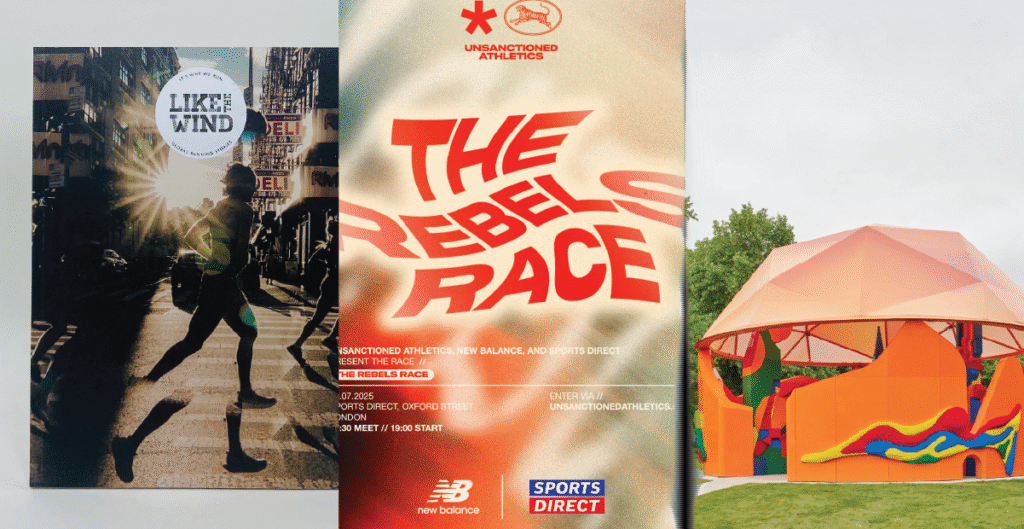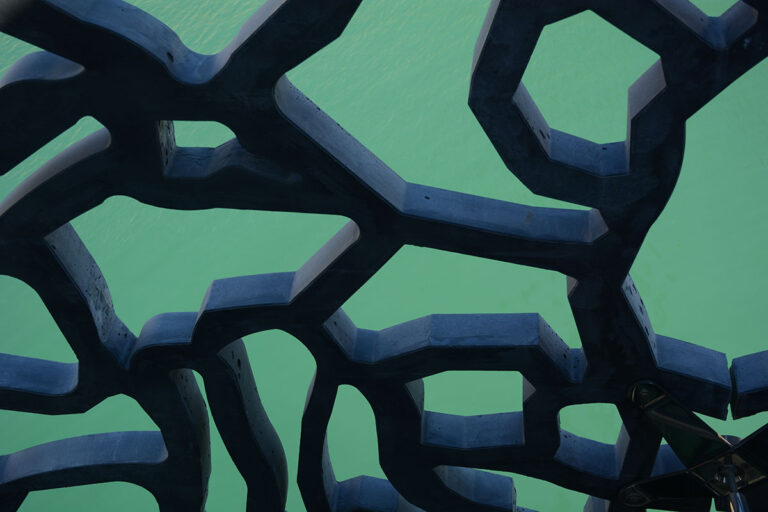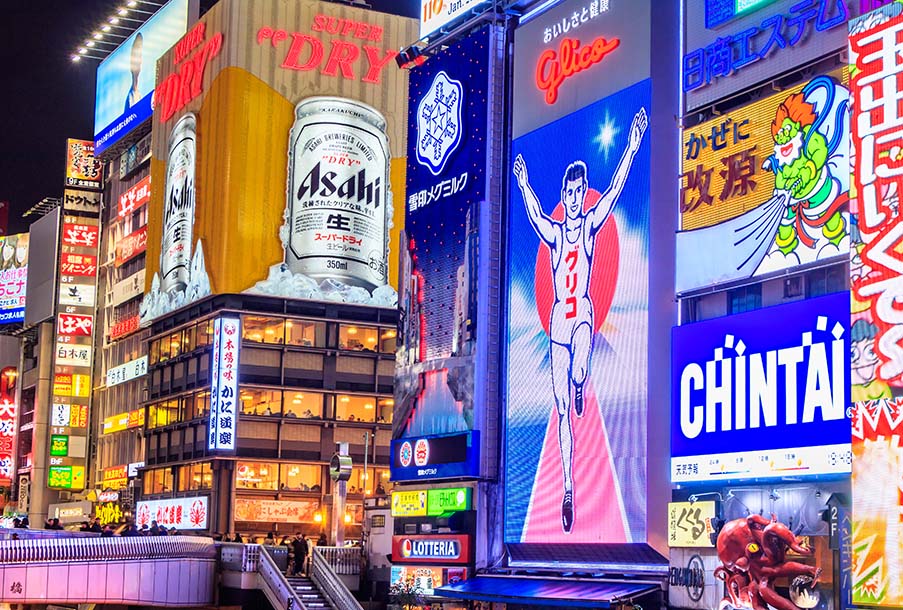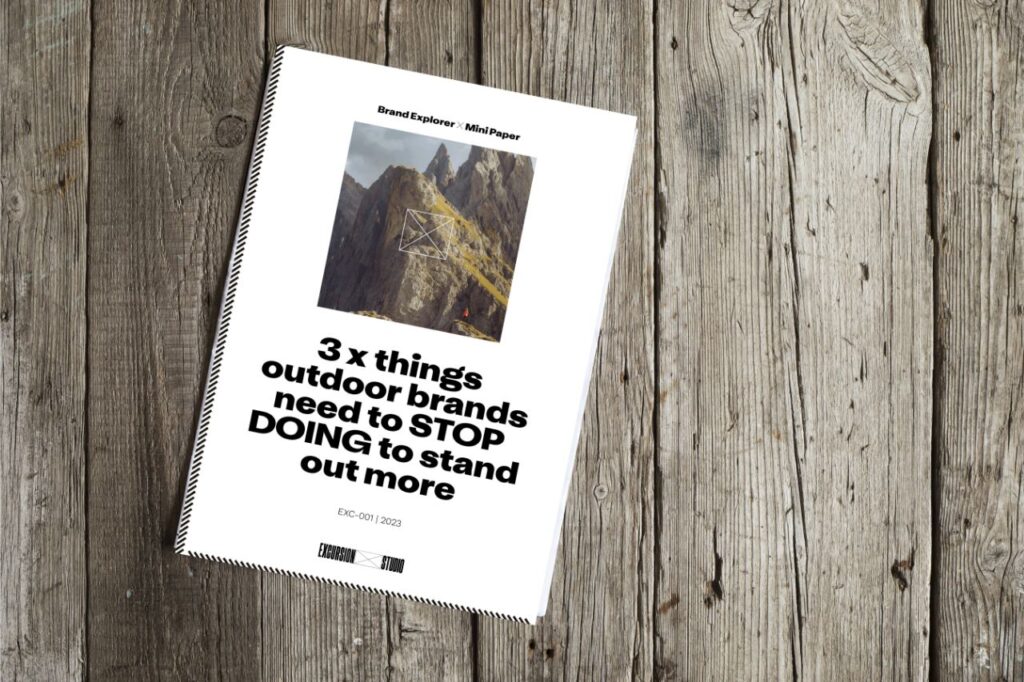Empty storefronts. Boarded-up retail units. Once-bustling spaces, now sitting silent. It’s an all-too-familiar sight across UK towns and cities.
The numbers tell the story:
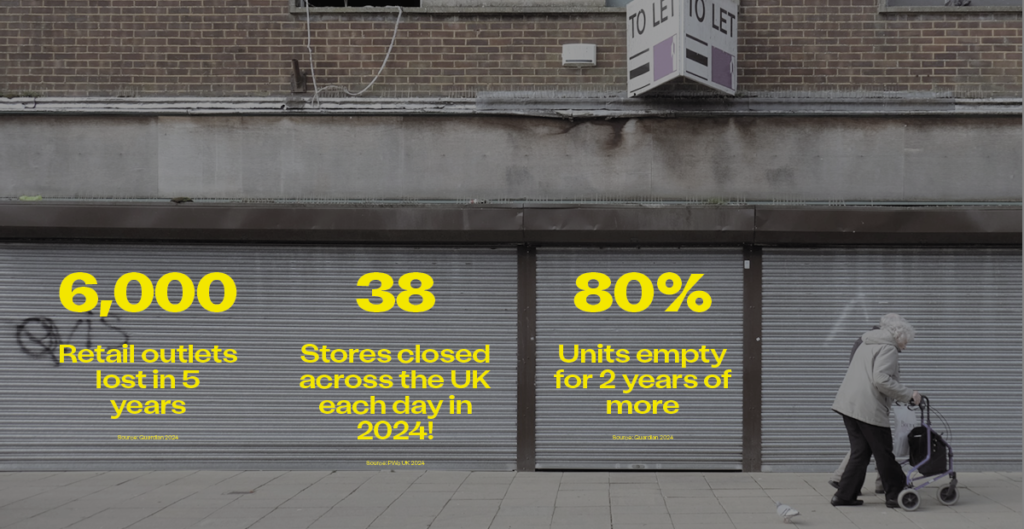
But what if these empty spaces weren’t a problem, but an opportunity?
Imagine a high street once lined with ‘To Let’ signs, now alive with movement:
⚽️ A five-a-side match in a reimagined retail space.
🎾 A rooftop turned into a neon-lit padel court.
🛹 A skatepark in an abandoned car park.
Sport has the power to potentially transform unused spaces into vibrant hubs of culture, connection and community.
For brands, this isn’t just a feel-good initiative, it’s a chance to be at the heart of revitalisation. An opportunity to connect with audiences in new ways and make a lasting impact.
And it makes sense.
According to research, 68% of consumers say brand activations make them feel more connected. When you show up where people play, gather and connect, brands become part of their world, not just their feed.
So how could your sports brand bring life back to the unused?
Tap into the local culture:
Every community has its own sporting DNA. What do they play? What gets people moving? Align with the energy that already exists or bring something new and exciting to the court and your activation won’t just land, it’ll last.
Partner with local teams and talent:
A space only thrives when people use it. Work with grassroots teams, community organisers and the locals themselves to turn your activation into a genuine hub. Give them the keys, let them shape it and watch it become a real part of the sporting ecosystem.
Make it more than a moment:
Activations fade, legacies stick. What happens to the space after the cameras leave? Think long-term. Can it become a permanent training ground, a free-to-play court, or a hub for future events? If your activation keeps delivering after launch, it stops being a stunt and starts being a solution.
To help spark some inspiration, we’ve curated a top 5 sports in unused and unexpected spaces, showcasing how sport has breathed new life into the forgotten spaces and create lasting cultural impact.
1. Shredenhams
Bristol’s iconic Debenhams building has recently got a second life, as a skatepark.
Reimagined as Shredenhams, the former department store has swapped shelves for skate ramps, thanks to the innovative team at Campus Skateboarding, the same visionaries behind the much-loved Campus pool and park.
This may aonly be a temporary fixture but with countless vacant retail spaces across the UK, this exciting reinvention offers a creative solution to breathe new life into our struggling high streets.
2. La Foixarda rock climbing tunnel
Barcelona’s La Foixarda tunnel what was once just a passage is now a climbing haven.
Repurposed over time into a thrilling free to use rock climbing venue, offering climbers a unique urban playground. The transformation has breathed new life into this hidden space, turning it into a dynamic center for adventure in the heart of the city.
By taking an overlooked location and reinventing it for climbing, La Foixarda is a prime example of how sports can breathe new purpose into unused spaces.
3. The unusual football field
In the heart of Bangkok’s crowded Khlong Toei district, space is a luxury, making it tough to build traditional parks or expansive sports fields. So, AP Thailand got creative.
Instead of looking for open land, they turned to aerial photography to find “untended areas” unused, irregular patches of land tucked away between buildings. These spaces were then reimagined with concrete, paint, and anti-slip materials to create vibrant sports venues, without the need for typical field boundaries. The result?
As soon as school lets out, these spaces are filled with kids playing soccer and basketball. And with the success of the first two fields, a third is set to open this December, proving that unused spaces can become dynamic hubs for local sport.
4. Kaos Temple
Originally built in 1912 by Asturian architect Manuel del Busto, the Santa Barbara Church in Llanera, Asturias, sat abandoned and in decay for many years. That was until a dedicated group called the ‘Church Brigade’ took action. With the help of crowdfunding and Red Bull, the church was brought back to life and transformed into the vibrant Kaos Temple skate park.
But the reinvention didn’t stop there. Artist Okuda San Miguel was commissioned to decorate the church’s walls and vaulted ceilings with his bold, colorful geometric artwork. The once-dull interiors are now awash in a spectrum of hues, creating a mesmerizing environment for skaters. Illuminated by tall windows, this skate park has become an extraordinary blend of art, sport, and history.
5. Streetmekka
Streetmekka has transformed an abandoned windmill factory in Viborg, Denmark, into a dynamic sports and cultural hub.
The once-empty industrial site now hosts parkour, skateboarding, bouldering, and other sports, alongside creative spaces for art and music. This innovative repurposing shows how old factories can spark community life, offering a model for revitalizing neglected spaces into thriving cultural destinations.


